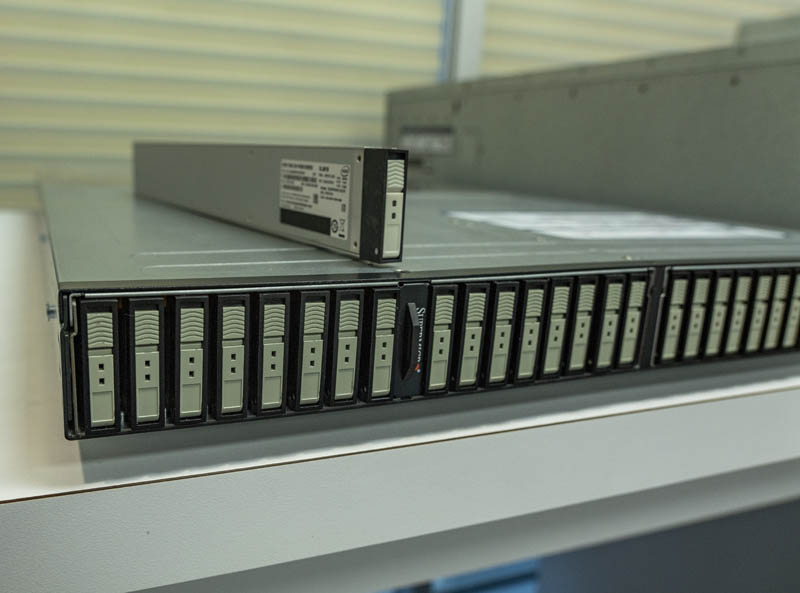Data storage has become a huge concern for people relying on online media for the allocation of important information. To start with a task without the integral details would be an incomplete experience, and this could continue for long periods to affect the whole system. Every professional should have a properly functioning device to store the information for a project so that the transfers and rendering take place within the set time. Megabytes and terabytes of storage in a device can facilitate the working of multiple projects seamlessly.
The Petabyte Hard Disk Drive
Storage manufacturers from across the globe are now establishing greater standards for the development of petabyte hard drives. Due to the rise in demand for high-resolution video and network transfers, the industry might come up with new ideas to produce 175 zettabytes of data, which is expected to be up and running by 2025. The trillion terabyte mark is the milestone the world is aiming for at the moment, but that would only take over the system only in the next decade.
Microsoft had funded the research of the items possessing the best storage properties, and DNA strands were found to have immense potential in this area. Data storage was, however, tested to have more practical applications with glass. The traditional DVD recording media is an example Microsoft used to build upon the existing storage systems. Infrared layers are also used in the experiment to distort the glass, but it was placed inside the glass and not in the open air. Lasers read the recorded data, which is further decoded by machine learning. These processes take place when the light emitted by the laser reflects off the glass.

All the aforementioned factors are being seriously considered to establish glass as the future of data storage. The thirst for data can be satiated by the petabyte hard disk drive, which would work more efficiently with the glass components. Every hard disk drive in the world can only go up to 20TB to store data as much as that, meaning the largest capacity is limited to terabytes. Seagate has confirmed that its R&D lab will use glass for optical data storage. Companies such as Western Digital, Samsung, and Toshiba are also creating designs that accommodate the ability of the glass to store data. However, all these leading manufacturers are facing a few challenges in mass production. The devices will be available in the market as soon as these issues are resolved.
